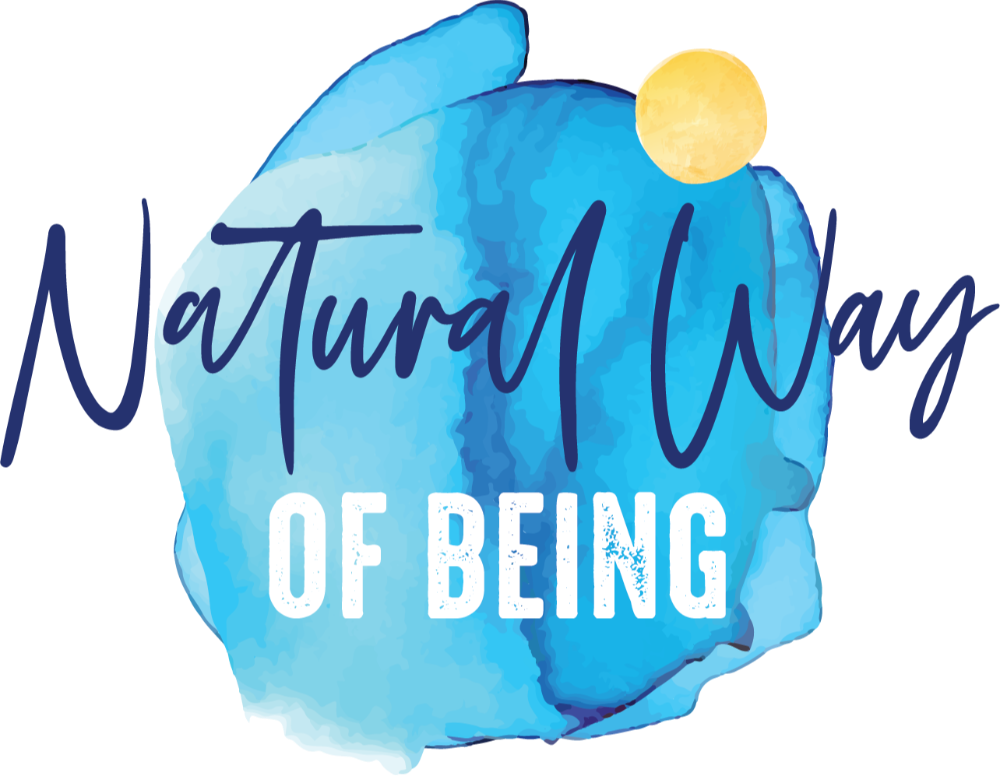Joyful Discipline
Mar 13, 2023Video Summary:
Today I want to talk about spiritual discipline, as you would have in a spiritual practice. If you've been studying spirituality for a while, at some point a spiritual or meditation teacher, yoga instructor, or book may have suggested having a spiritual practice.
I have found this to be beneficial for a couple of reasons. When we do something that connects us with our spiritual nature and to the universe, it gives us this point of reference as we go through our day. It reminds us, “Oh, this is how life can feel.”
The other thing that I've found is when we do our personal practice regularly, it deepens our spiritual connection. We may not directly notice it, but subtly it goes a little deeper and deeper. However, maintaining a personal practice can be a challenge for a lot of people.
The energy that we bring to our discipline and spiritual practice makes all the difference in the world. I want to contrast two different energies that we may bring to our practice. The first I call joyful discipline because we are finding joy in it. And the other is forced discipline as we're doing it because we have to.
When you really look at that energy of forced discipline, it’s often fear-based. We may force ourselves to do it because we believe that something bad will happen if we don't do it. Or we may believe that something good won't happen as in, “I won't have a spiritual awakening if I don't do my meditation.”
So the whole idea of doing a spiritual practice is to connect with our spiritual nature, and then we're approaching it with fear-based energy. It doesn't really make sense. We’re taking negative, fear-based energy, and forcing ourselves to connect with our spiritual nature which is based in joy, light and love.
One way you can bring some joy into your spiritual practice and find some joyful discipline is what I call the litmus test. This is when you find something in your spiritual practice that you're looking forward to, it’s a really good indicator that you're on the right track- versus if you're dreading or avoiding it.
Perhaps you're looking forward to the sivasana in your yoga class. When I am practicing the didgeridoo, I like to find something enjoyable to play at the beginning of my practice. So I start having fun and I get some momentum going, before I start challenging the more frustrating aspects of the practice.
Another way to create some joyful discipline is to find progress and success in your practice rather than, a lack of progress and failure.
An example of what not to do occurred when I was learning to meditate. I had this mistaken notion that meditation meant quieting your mind by stopping your thoughts. When my mind inevitably went all over the place while I was learning to meditate, I believed was failing at my spiritual practice every day.
Years later I went to a meditation retreat and learned the idea is not to stop your thoughts, but rather to notice them and find the quiet and peace that's beyond your thoughts. That made all the difference in the world to me because I wasn't failing every day. I began to get a sense that I was making progress.
Another skill I use is what I call it changing it up. We tend to be creatures of habit and seek to find the right way to meditate. At least I did. But as I started meditating more, I started getting a little more fluid with it. So perhaps you can add some variety and change it up to find a way to enjoy your practice.


